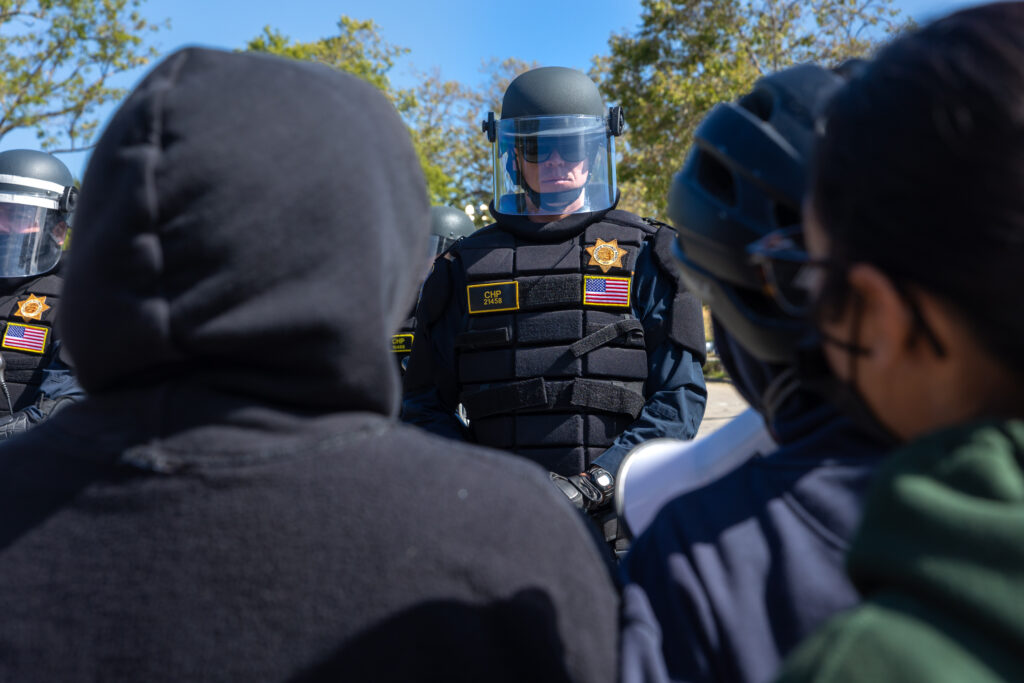I don’t know how this story escaped me, but when I saw it, I was shocked. I thought I had become numb to whatever Trump does or says, but my reaction to this story proves it’s not true.
I’m shocked and stunned to learn that he is suing the board that awards Pulitzer Prizes for journalism for libel because it awarded one to The New York Times and The Washington Post for stories about the investigation of Trump’s ties to Russia. When Trump complained to the board that the stories contained many factual inaccuracies, the board reaffirmed its awards.
Before Trump was elected in 2016, he had been involved in 3,000 or more lawsuits. That’s his style.
Dominick Mastrangelo reported in The Hill on May 29:
President Trump on Wednesday celebrated a ruling from a judge allowing his lawsuit against the Pulitzer Board to proceed.
In a decision Wednesday, a Florida judge ruled Trump’s defamation lawsuit against the body, which awards the annual Pulitzer Prize recognizing the year’s best journalism, can proceed.
Trump, after he left office following his first term, sued the board in 2022 in connection with Pulitzers that had been awarded for stories about Russian interference in the 2016 presidential election.
The president, in a Truth Social post Wednesday, called the ruling a “major WIN in our powerful lawsuit against the Pulitzer Prize Board regarding the illegal and defamatory ‘Award’ of their once highly respected ‘Prize,’ to fake, malicious stories on the Russia, Russia, Russia Hoax, by the Failing New York Times and the Washington Compost, the Florida Appellate Court viciously rejected the Defendants’ corrupt attempt to halt the case.”
“They were awarded for false reporting, and we can’t let that happen in the United States of America,” he continued. “We are holding the Fake News Media responsible for their LIES to the American People, so we can, together, MAKE AMERICA GREAT AGAIN!”
Lawyers for the board had asked the judge in January to pause consideration of the case until after Trump was no longer president.
In a statement to The Hill on Thursday, a spokesperson for the Pulitzer Board said “allowing this case to proceed facilitates President Trump’s use of state courts as both a sword and a shield — allowing him to seek retribution against anyone he chooses in state court while simultaneously claiming immunity for himself whenever convenient.”
“The Pulitzer Board is evaluating next steps and will continue our defense of journalism and First Amendment rights,” the spokesperson said.
Trump filed the lawsuit in 2022. A Florida judge rejected the Pulitzer board’s request to dismiss the lawsuit in 2024.
The lawsuit about whether the case should be heard then went to an appellate court in Florida.
Politico reported recently that one of the judges who ruled in Trump’s favor had applied to the Trump administration for a promotion before the judgment. After the decision was rendered, he got the promotion.


